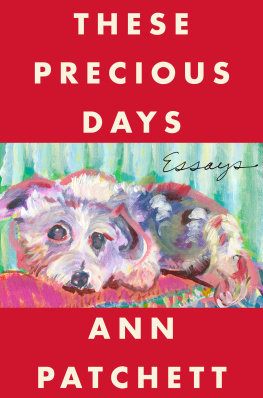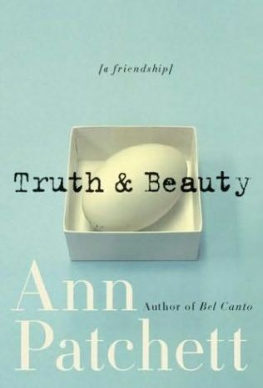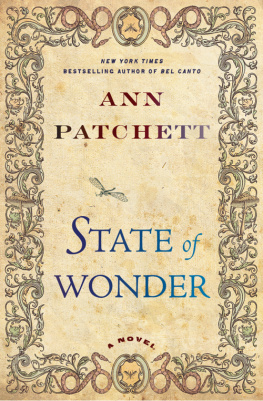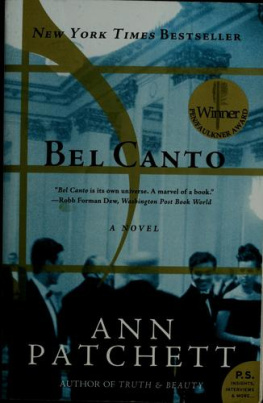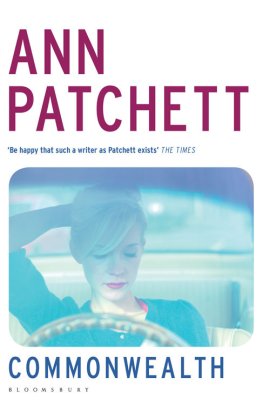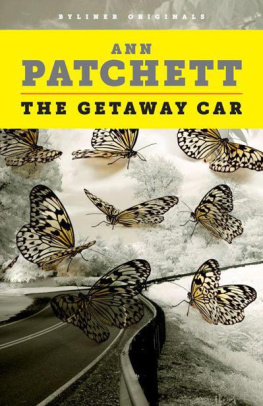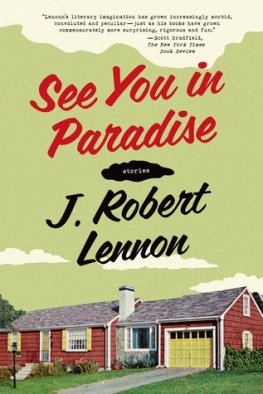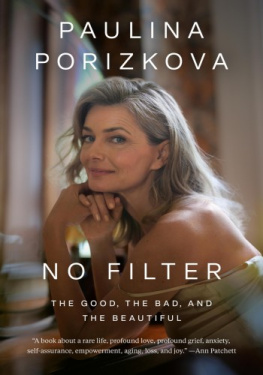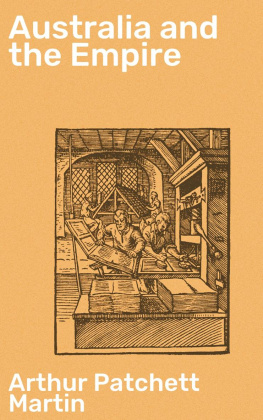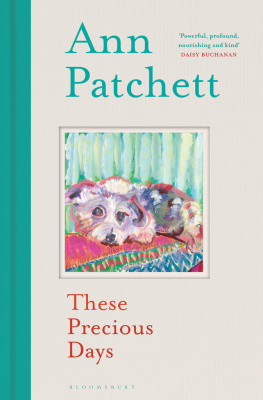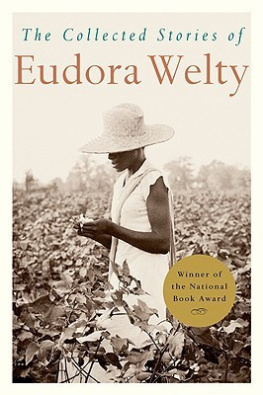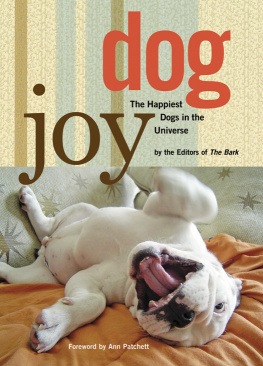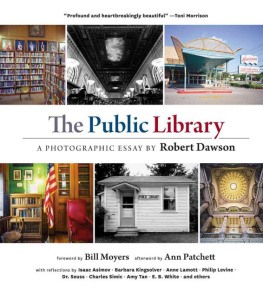T he first time I remember seriously thinking about my own death, I was twenty-six years old and working on my first novel, The Patron Saint of Liars. No matter where I went, I carried the entire cast of characters with methe heroines and heroes and supporting players, as well as the towns they lived in, their houses and cars, all the streets and all the trees and the color of the light. Every day a little bit more of their story was committed to paper, but everything that was still to come existed only in my head. Remembering things is how I work. I didnt have outlines or notes, and because of that, I was hounded by the thought of stepping off a curb at the wrong moment, or drowning in the ocean (this second scenario seemed more likely, as I was living in Provincetown, Massachusetts, where I swam in the freezing water and was prone to cramps).
Were I to die, Id be taking the entire world of my novel with meno significant loss to literature, sure, but the thought of losing all the souls inside me was unbearable. Those people were my responsibility. Id made them up, and I wanted them to have their chance. The specter of my death stayed with me until the novel was finished, and when it was finished, death lit out for a holiday.
No luck lasts. A few chapters into my second novel, there death was, picking up the conversation exactly where wed left off. I was living in Montana by then, a state full of potential deaths Id never thought to worry about: falling off a hiking trail and down the side of a mountain, being hit by a runaway logging truck, being eaten by a mountain lion or a bear. Every trip outside was a meditation on mortality. But when I wrote the last page of that novel, death packed up without a word. Through editing, copyediting, page proofs, book tour, it never crossed my mind that I might break through the solid ice that had formed over the river and be swept away.
When death came back for the third time it was, as always, without fanfare. I was deep into my third novel then, and had been at the job long enough to recognize the pattern.
My professional life has continued to be marked by this on-again, off-again relationship, and, weird as it is, the problem isnt unique to me. Before she boards a plane, one friend sends me instructions as to where in her house shes hidden a thumb drive with the files for her uncompleted novel; another friend asks me if I could just finish her book for her if she dies. I left a Post-it on my computer, she tells me, saying youll write the end.
According to my small, unscientific study, writers who were already deep into a project when the pandemic hit were okay going forward, while those of us who had yet to start, or had barely started, froze in our tracks. Death had gotten the jump on me this time; I was worrying about it before Id even come up with a fully formed idea for a novel. What was the point of starting if I wasnt going to be around to finish? This didnt necessarily mean I believed I was going to die of the coronavirus, any more than I believed I was going to drown in the Atlantic or be eaten by a bear, but all those scenarios were possible. The year 2020 didnt seem like a great time to start a family, or a business, or a novel.
Of course I was still writing essays. Im always writing essayseight hundred words on owning a bookstore for a newspaper in London, my ten favorite books of the year for a magazine in Australia, an introduction for a newly reissued classic, maybe a little piece about dogs. Essays never filled my days, but they reminded me that I was still a writer when I wasnt writing a novel.
That was how I found my loophole: death has no interest in essays.
Why hadnt I noticed this before? When I wrote my first essay collection, This Is the Story of a Happy Marriage, death didnt even bother to rattle the windows. The book felt so ridiculously personal that I worried only about whose feelings I might hurt, and gave no consideration as to whether I might step on a snake. I realized that for all the essays Id written in my life, Id never once heard the ethereal shush of a scythe being sharpened nearby. Had death wandered off because no immense cast of imagined characters could be obliterated? Or was it because the things I wrote about in essays were true, verifiable? Were I to abruptly exit in the middle of writing an essay, there would be someone around who, with a certain amount of research, could bring it to conclusion. They might not write it the way I would have, but the same facts would be available to them. Or maybe the facts themselves were the problem. Imagination can be killed but facts are infinitely harder to snuff out. I know it might not seem this way. Time works tirelessly to erase factsthis country works tirelesslybut facts have a way of popping up, their buoyant truth shining all the more brightly with time. Maybe that was why death wasnt interested in essays; essays dont die. I decided to go all in.
I began to write longer essays, and I wrote them for myself: Why the sudden desire to get rid of things? What did it mean at this point in my life not to have children? Other essays came out of conversations I had with friends, most notably the piece about my three fathers. After my friend Kates father died, she told me she was going to write about him. Id been thinking of writing about my own three fathers for fifteen years but had never found the courage to follow through. I asked her if I could tag along. Writing is such solitary work, but in this case her companionship made me brave.
It wasnt until I wrote the title essay, These Precious Days, that I realized I would have to put a book together. That essay was so important to me that I wanted to build a solid shelter for it. I started writing more essays. I went back and looked at other pieces Id written in the past few years. Most of them I ignored, but those that were strongest I took apart and wrote again. Its a wonderful thing to be able to go back to something thats a couple of years old, see the flaws in the fullness of time, and then have the chance to make corrections and polish it upor in some cases, throw the whole thing out and write a better version. Thats something I never get to do with novels. Through these essays, I could watch myself grappling with the same themes in my writing and in my life: what I needed, whom I loved, what I could let go, and how much energy the letting go would take. Again and again, I was asking what mattered most in this precarious and precious life.
As for death, I have remained lucky. Its indifference has never waned, though surely it will circle back for me later. Death always thinks of us eventually. The trick is to find the joy in the interim, and make good use of the days we have.
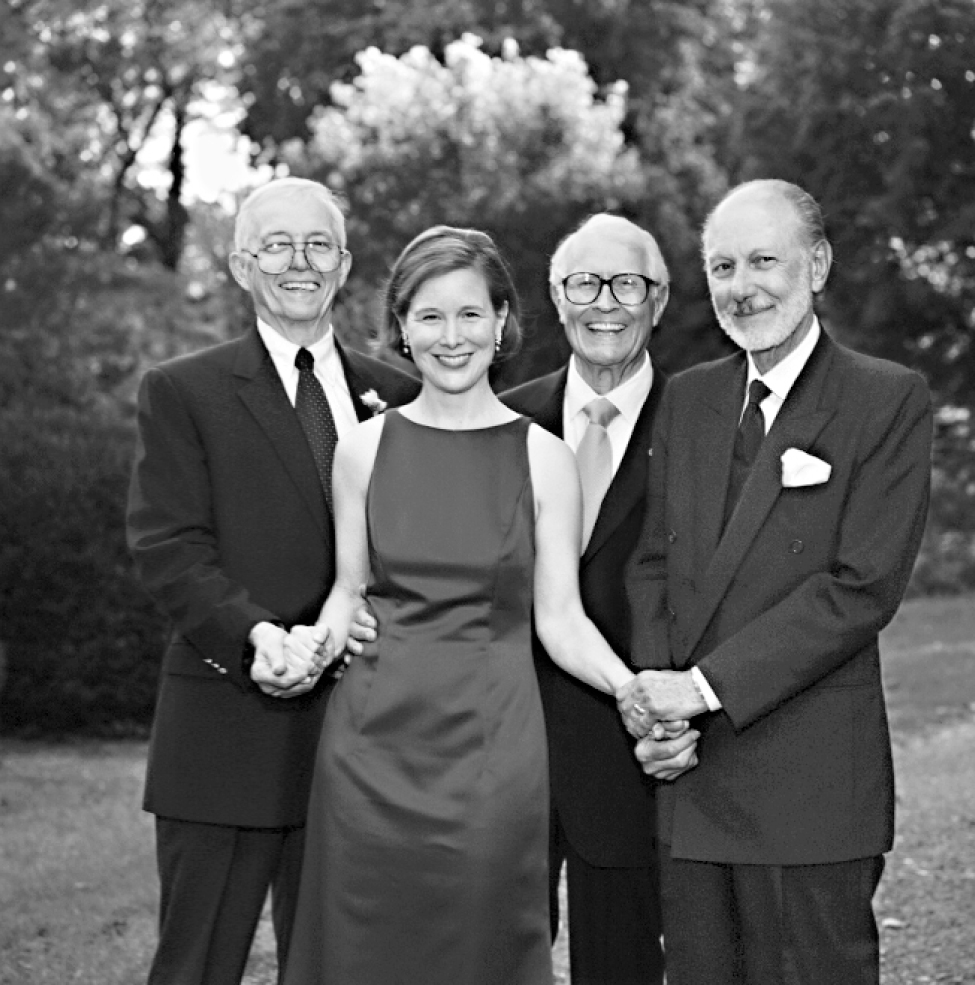
Darrell Ray, Ann Patchett, Frank Patchett, and Mike Glasscock. September 2005
M arriage has always proven irresistible to my family. We try and fail and try again, somehow maintaining our belief in an institution that has made fools of us all. Ive married twice; so has my sister. Our mother married three times. None of us set out for this. We meant to stick our landing on the first try, but we stumbled. My parents divorced when I was five. My mother and my stepfather Mike had their final parting when I was twenty-four. She married Darrell when I was twenty-seven, and they stayed together until he died in 2018, when I was fifty-four.
My problems were never ones of scarcity. I suffered from abundance, too much and too many. There are worse problems to have.
The second time my sister, Heather, married, she wanted a real wedding. Heather and her new husband, Bill, threw a terrific party in a fancied-up barn that had been turned into an event space. Theyd hired a swing band with a handsome front manHeather and I both had a terrible crush on him, and now neither of us can remember his name. Karl and I had eloped a few months before, and those beautiful words of love and commitment were still fresh. We drank the champagne, danced in a line, blew soap bubbles into the night sky above the bride and groom. Only my stepfather Mike was sullen. His third marriage was nearing its end, and he was in love with my mother again. But my mother was happy with Darrell, and so Mike danced with me for most of the night.

